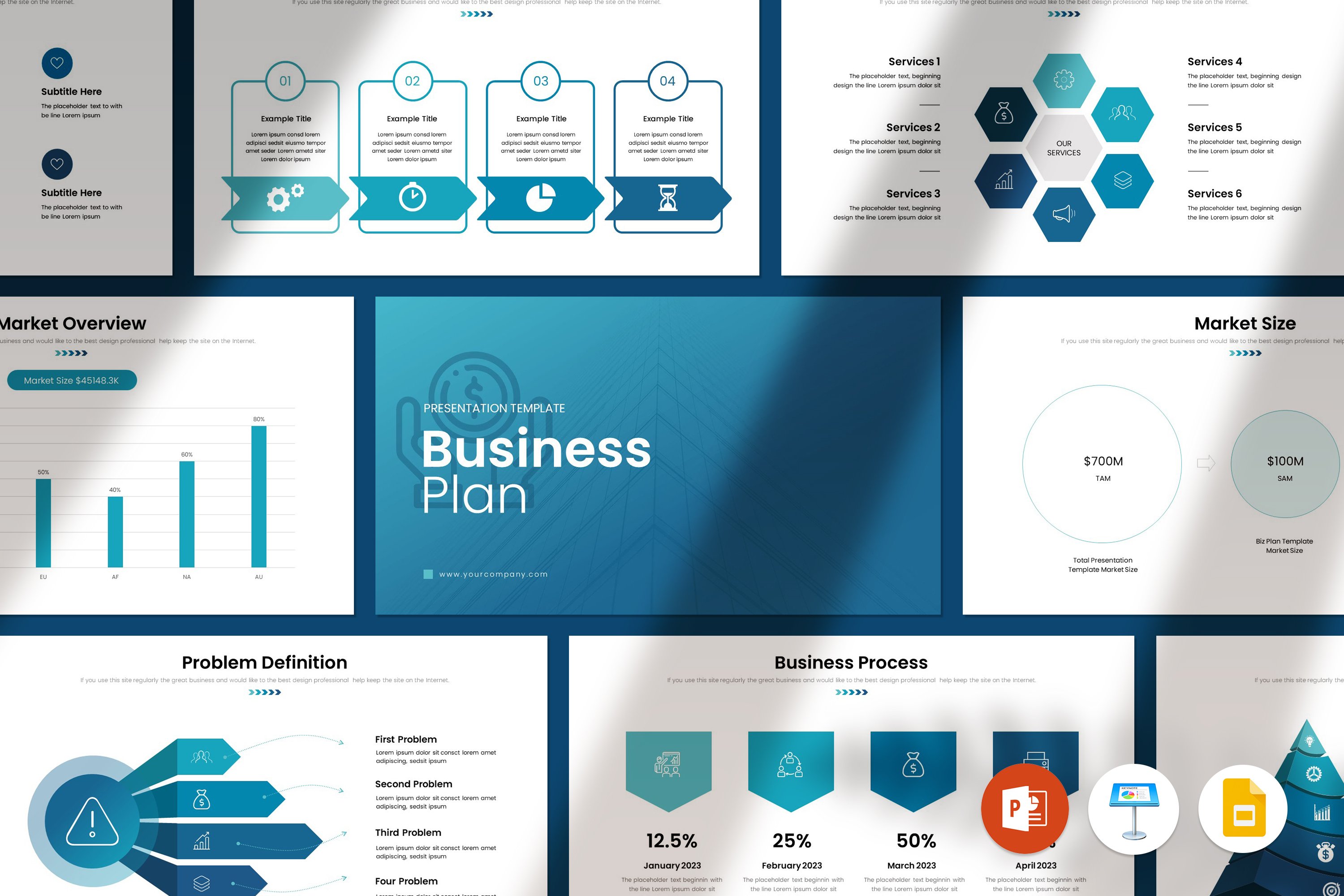Key Benefits of Implementing Management Offshore for Your Business
Key Benefits of Implementing Management Offshore for Your Business
Blog Article
Streamline Your Workflows: The Advantages of Administration Offshore
One such strategy is the administration of offshore operations, which not just provides access to a diverse skill pool but also uses substantial price financial savings. The effects of embracing offshore administration prolong past mere monetary considerations.
Access to International Talent
Access to international ability is just one of one of the most significant benefits of offshore administration, allowing companies to tap right into a varied swimming pool of skilled experts from all over the world. This broad accessibility permits companies to improve their capacities and foster technology by integrating numerous viewpoints and expertise into their procedures.
Offshore management promotes the employment of very specialized talent that might be not available or scarce in the domestic market. By leveraging global knowledge, organizations can remain active and competitive in an increasingly globalized economic situation. This strategy not just enhances the labor force however also fosters a society of collaboration that goes beyond geographical borders.
Additionally, accessing worldwide talent helps organizations stay abreast of international fads and ideal practices, as specialists bring unique understandings and methods from their particular areas. This diversity can lead to improved problem-solving and imaginative remedies, eventually driving business growth.
Additionally, the capacity to range talent purchase according to predict requirements ensures that businesses can remain receptive to market needs. By strategically utilizing offshore management, organizations can develop a durable, functional labor force that meets the difficulties of today's dynamic organization setting.
Price Effectiveness and Savings

Offshore management frequently causes financial savings in overhanging prices, such as workplace, utilities, and administrative assistance. Numerous offshore areas give tax motivations and favorable regulations, further boosting the economic benefits. Organizations can allot these financial savings in the direction of advancement, development, and various other tactical campaigns.
Additionally, offshore administration enables companies to access a diverse skill pool at a fraction of neighborhood recruitment costs. This combination of decreased labor costs and accessibility to competent specialists enables companies to maximize their workforce while keeping high requirements of productivity.
Furthermore, the scalability used by offshore operations indicates that organizations can readjust sources and personnel as required, minimizing economic danger during fluctuating market problems. In summary, the cost effectiveness and cost savings associated with overseas management stand for a compelling chance for organizations seeking to simplify operations and boost overall productivity.
Enhanced Concentrate On Core Activities
One considerable advantage of overseas monitoring is that it allows organizations to improve their concentrate on core activities. By entrusting non-core features to overseas teams, business can focus their sources and initiatives on areas that drive their calculated purposes and affordable benefit. This shift not just optimizes functional efficiency but also promotes technology within the company.
When companies offload regular tasks such as consumer support, data access, or IT upkeep to specialized offshore carriers, they liberate valuable time and skill. Staff members can redirect their skills towards high-impact projects that align with the business's goal, enhancing productivity and general performance.
In addition, this enhanced concentrate on core tasks can bring about improved decision-making and strategic preparation. With much less time invested in ancillary tasks, management can commit more attention to examining market trends, determining development possibilities, and improving their organization techniques.
Eventually, enhanced emphasis on core activities like it enables companies to differentiate themselves in the industry. By focusing on what they do best, firms can deliver premium services and products, thus enhancing consumer complete satisfaction and loyalty, which are crucial for lasting success.
Improved Operational Flexibility
Boosted operational flexibility is a crucial benefit that organizations can accomplish with offshore monitoring. By leveraging global sources, business can adjust quickly to transforming market needs, guaranteeing they remain competitive. Offshore management permits companies to scale procedures up or down with simplicity, replying to changes in workload look at this now without the constraints of regional labor markets.
This flexibility expands to the diversity of services and product offerings. With accessibility to specialized abilities and sources across different regions, companies can introduce and implement brand-new approaches swiftly. Offshore teams can function all the time as a result of time zone differences, improving productivity and accelerating job timelines.
Moreover, the capacity to touch right into emerging markets can lead to new organization chances, making it possible for companies to go into regions with less saturation and higher development possibility - management offshore. This flexibility not only strengthens a business's market setting yet additionally promotes durability versus financial uncertainties

Threat Reduction and Conformity
Reliable danger mitigation and conformity techniques are necessary for organizations taking part in offshore management. As companies broaden their operations across borders, they deal with a myriad of threats, consisting of governing adjustments, information breaches, and cultural misunderstandings. Developing robust risk monitoring frameworks makes it possible for organizations to determine possible threats and execute aggressive measures to lessen their impact.
Offshore monitoring requires a detailed understanding of differing legal landscapes, which can be ever-evolving and complex. Companies need to invest in compliance training and constant monitoring to make certain adherence to applicable laws.
Moreover, promoting a society of transparency and honest habits is essential. This not only protects the organization from compliance-related risks yet additionally boosts depend on with employees, stakeholders, and clients (management offshore). Using innovative innovations, such as compliance monitoring software application, can simplify the find out this here monitoring process, making sure that companies continue to be nimble and responsive to altering regulative demands
Final Thought
In conclusion, the adoption of offshore administration provides organizations with considerable advantages, including access to a varied talent swimming pool and considerable cost decreases. This tactical strategy enables businesses to focus on core functions, thereby enhancing innovation and decision-making procedures. In addition, improved functional versatility and robust risk monitoring frameworks add to overall business integrity. Ultimately, welcoming offshore monitoring not only promotes boosted efficiency and competition yet also ensures the shipment of superior services and products while maintaining customer complete satisfaction.

Reliable risk reduction and conformity methods are vital for companies involving in overseas administration.In conclusion, the fostering of offshore administration presents organizations with substantial advantages, consisting of access to a diverse talent swimming pool and considerable price reductions.
Report this page